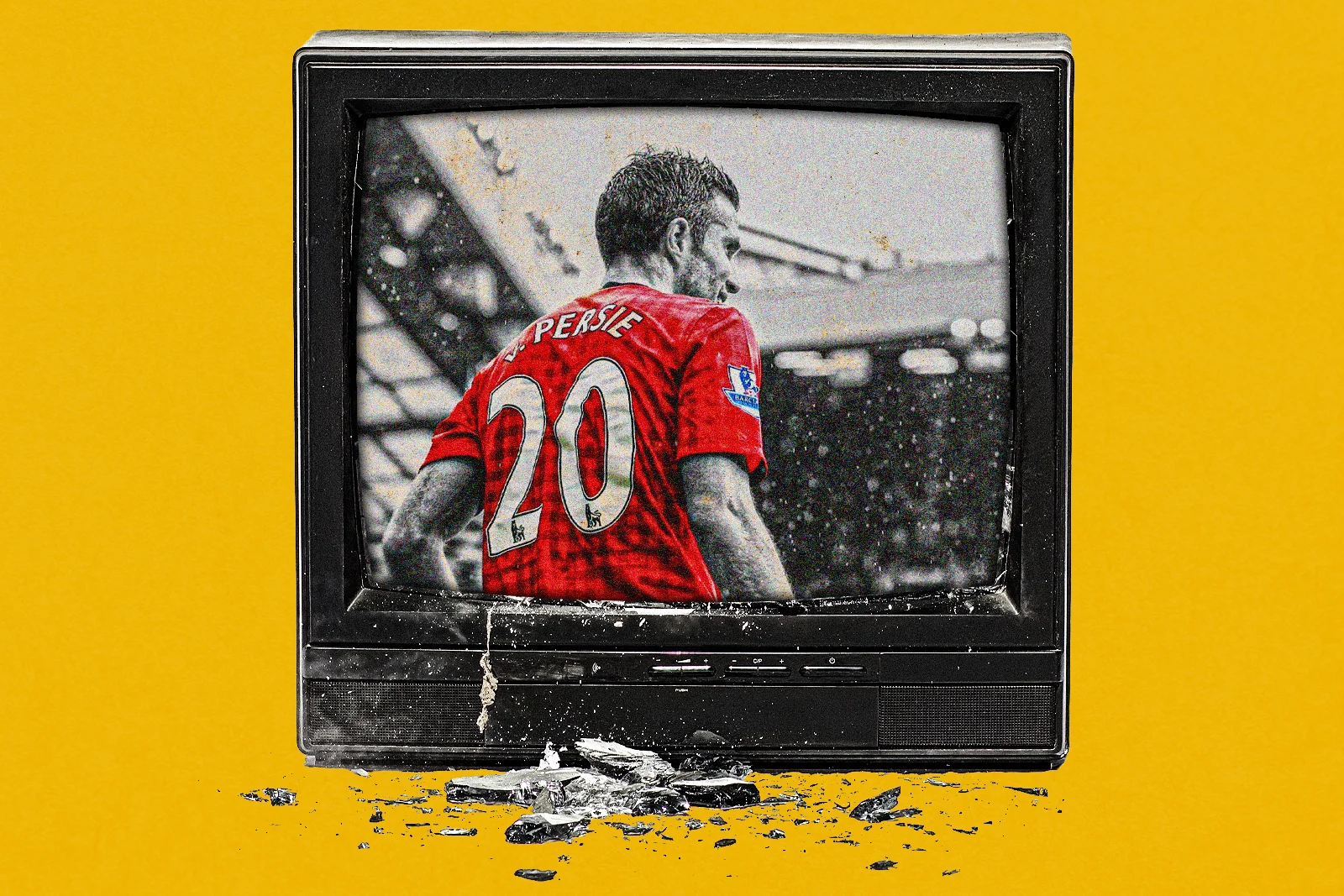
Should the Government Really Get Involved in Football?
The government’s recent policy proposal to ban all smoking in pub gardens has resulted in a hysterical reaction from the public. Cries against the ‘nanny state’ dictating more and more of our lives and the need to protect the sanctity of the British pub garden have been countered by perhaps more measured arguments over public health. In the world of sports, a similar battle is being waged against another national institution: English football.
Just as the government steps in to regulate the tobacco industry due to public health concerns, there is a growing case to be made that government intervention is needed in football to protect the public interest. Since the mid-2000s, English football has been at the forefront of the tidal wave of foreign investment that has flooded into the global football economy. From state-backed owners to questionable investors, many historic clubs now find themselves embroiled in controversies that are eroding fans’ passion for the game.
Clubs like Manchester City and Newcastle United have essentially become instruments of state power, purchased with state funds to serve as tools for global influence. While accusations of sportswashing will likely continue to shadow their achievements, the greater concern is the profound impact their success is having on the broader football landscape. The influx of massive investments from these and other top-tier clubs has created a fundamentally uneven playing field.
Manchester City alone is estimated to have spent over £2 billion in transfer fees since being acquired by Mansour bin Zayed Al Nahyan, the vice president of the United Arab Emirates. Though they are not the only English club to have spent lavishly in recent decades, their seemingly limitless resources have intensified an arms race that most clubs simply cannot compete in. As Manchester City pursues what could be their fifth consecutive Premier League title, it is imperative that measures are taken to ensure all clubs adhere to fair spending practices, preserving the competitiveness and integrity of the game.
For a Football Governance Bill to be effective, it must confront the pervasive fraud within the sport. Alongside state-funded capital, a flood of dirty money has infiltrated the league, with fraudulent owners using clubs as vehicles to protect their wealth and legitimize their business dealings.
Take Sunderland, for instance, where Uruguayan businessman Juan Sartori owns a third of the club. Sartori’s history is scattered by ongoing cases of investor deception and a pattern of dishonesty, including fabrications about attending Harvard and being branded as a liar by his former press chief following his failed bid for the Uruguayan presidency. His connections to Russia further complicate matters, as he is married to the daughter of Dmitry Rybolovlev, an oligarch embroiled in multiple fraud and corruption investigations across Europe. Sunderland’s situation reflects the troubling reality of many clubs today, serving as PR and money-making tools for states and businessmen seeking to ingratiate themselves with local communities and whitewash their images.
Critics may argue that English football’s openness has made it the envy of the world, with the Premier League now a vital source of soft power for the UK. However, while the league’s impact and global reach are undeniable, it would be disingenuous to claim that its success couldn’t endure under stricter regulations and more rigorous oversight of club ownership.
The Premier League’s rise wasn’t solely fueled by foreign investment, it was equally driven by savvy television deals and, most importantly, a passionate and deeply rooted fanbase. The ‘free market’ argument conveniently overlooks the clubs lower down the pyramid, the true foundation of English football.
Beyond Leicester’s fairy tale, most clubs outside the Premier League’s elite have seen their hopes of cup runs or surprise title charges crushed by the winning machine built by UAE wealth. Meanwhile, lower league fans have borne the brunt of reckless, unvetted ownership, with clubs like Derby, Bolton, and Torquay plunged into administration. The beautiful game may be sustained by passion, but without proper oversight, it risks losing the very soul that made it great.
